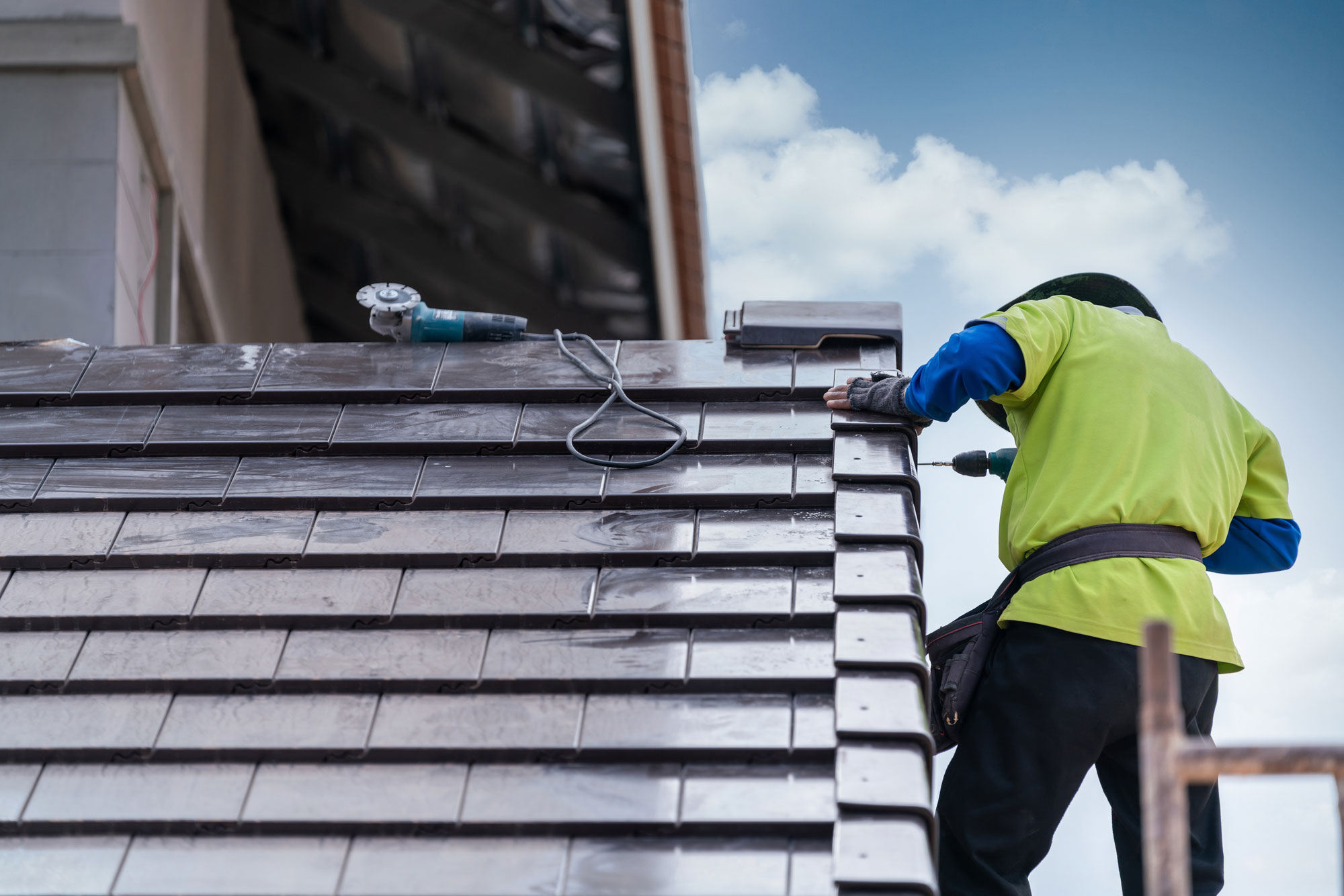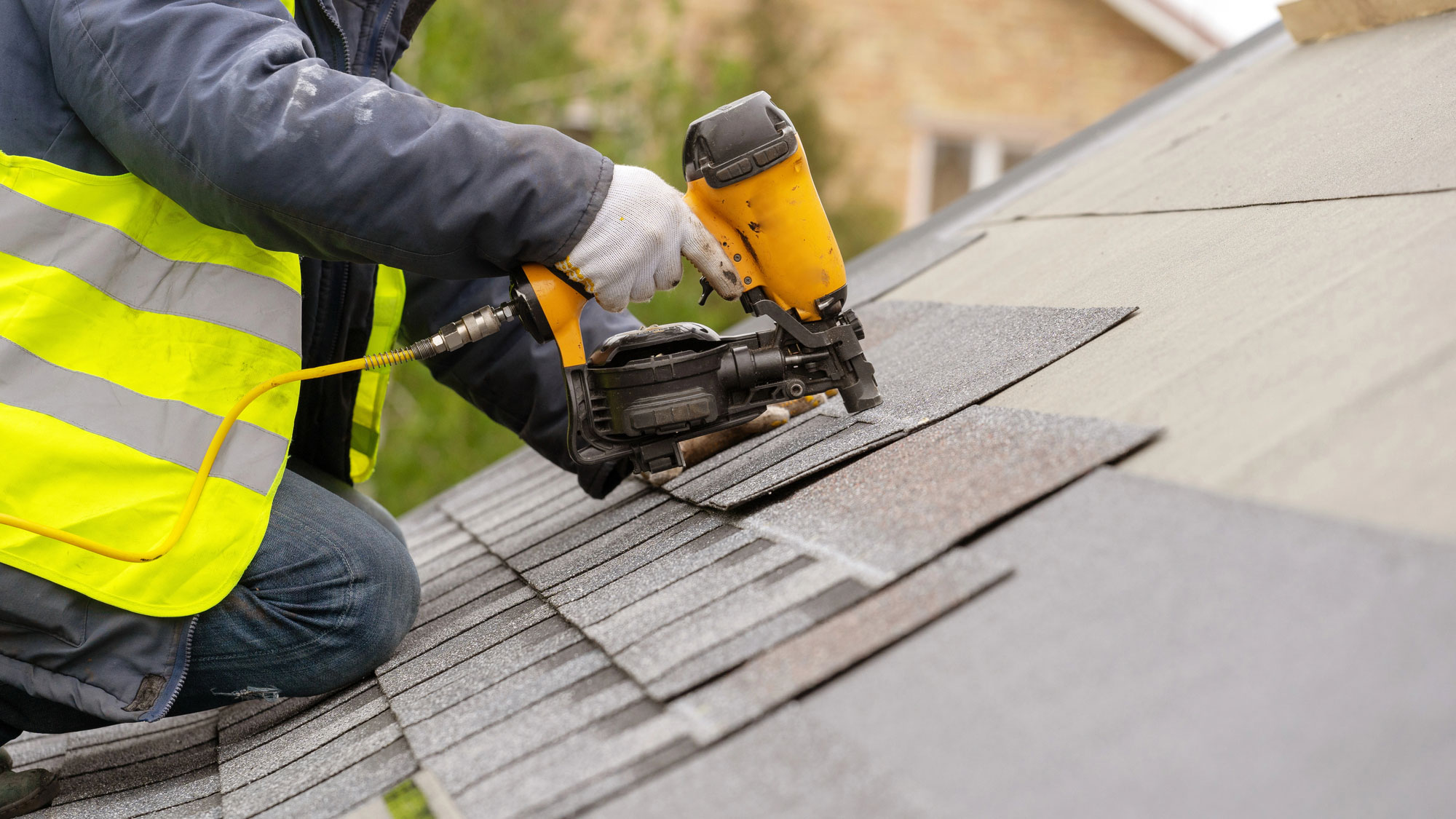Roofing Contractors
Roofing contractors are professionals who specialize in installing, repairing, and maintaining roofs. Their expertise ensures that homes and commercial buildings are protected from the elements. Understanding what roofing contractors do and how to choose the right one can make a significant difference in the longevity and quality of your roof.
What Do Roofing Contractors Do?
Types of Roofing Services
Roofing contractors offer a wide range of services to meet the needs of their clients. These services include:
-
- Residential Roofing: Roofing contractors provide installation, repair, and maintenance services for homes. They work with various roofing materials and ensure that residential roofs are sturdy and long-lasting.
- Commercial Roofing: These professionals also handle roofing projects for commercial buildings. Commercial roofing often involves different materials and techniques compared to residential roofing.
- Roof Repairs: Over time, roofs can develop issues such as leaks, cracks, and damaged shingles. Roofing contractors diagnose these problems and provide effective repair solutions.
- Roof Inspections: Regular inspections are crucial for identifying potential problems early. Roofing contractors conduct thorough inspections to ensure roofs are in good condition.
- Roof Maintenance: Maintenance services include cleaning gutters, removing debris, and checking for damage. Regular maintenance can extend the life of a roof and prevent costly repairs.

Materials Used by Roofing Contractors
Roofing contractors work with a variety of materials to suit different preferences and requirements. Common roofing materials include:
-
- Asphalt Shingles: Popular for their affordability and ease of installation, asphalt shingles are a common choice for residential roofs.
- Metal Roofing: Known for its durability and longevity, metal roofing is an excellent option for both residential and commercial properties.
- Slate Tiles: Slate tiles offer a high-end, elegant look and are highly durable, but they can be more expensive and challenging to install.
- Clay and Concrete Tiles: These tiles provide excellent durability and a distinctive aesthetic. They are often used in warmer climates.
- Wood Shingles and Shakes: Wood shingles and shakes offer a natural appearance and can be a good choice for certain architectural styles.
Roofing contractors are knowledgeable about these materials and can recommend the best option based on the client’s needs and budget.
How to Choose the Right Roofing Contractor
Selecting the right roofing contractor is essential for ensuring quality workmanship and a durable roof. Here are some important factors to consider and questions to ask when choosing a roofing contractor:
Factors to Consider
-
- Experience and Reputation: Check the contractor’s history and reputation in the industry. An experienced roofing contractor with positive reviews and references is more likely to provide reliable service.
- Licensing and Insurance: Ensure the contractor is properly licensed and insured. This protects you from liability in case of accidents or damages during the project.
- Written Estimates and Contracts: A professional roofing contractor should provide a detailed written estimate and contract. This document should outline the scope of work, materials to be used, timeline, and costs.
- Warranty and Guarantee: Verify if the contractor offers a warranty on their workmanship and the materials used. A good warranty can provide peace of mind and protection against future issues.

Questions to Ask Roofing Contractors
When interviewing potential roofing contractors, consider asking the following questions to assess their qualifications and reliability:
Are you licensed and insured?
This ensures the contractor meets local regulations and has the necessary coverage.
How long have you been in business?: Experience can be a good indicator of reliability and expertise.
Can you provide references?
Contacting past clients can give you insight into the contractor’s work quality and customer service.
What is your timeline for completing the project?
Understanding the project duration helps you plan accordingly and sets clear expectations.
What type of warranty do you offer?
Knowing the warranty details can help you understand the level of protection you have after the project is completed.
Benefits of Hiring Professional Roofing Contractors
Hiring a professional roofing contractor offers several advantages, including quality workmanship, safety, and cost efficiency. Here are some key benefits:
Quality Workmanship
Professional roofing contractors have the skills and experience to ensure high-quality work. They are trained to handle different types of roofing materials and complex installations, providing you with a durable and aesthetically pleasing roof.
Safety and Compliance
Roofing projects can be dangerous, involving heights and heavy materials. Professional contractors follow safety protocols and use the necessary equipment to prevent accidents. They also ensure that the project complies with local building codes and regulations.
Time and Cost Efficiency
Experienced roofing contractors can complete projects efficiently, saving you time and minimizing disruptions. They have access to high-quality materials at better prices, and their expertise helps avoid costly mistakes and future repairs.

Common Roofing Problems and Solutions
Roofs can develop various issues over time, but professional roofing contractors can provide effective solutions. Here are some common problems and how contractors address them:

Leaks and Water Damage
Leaks are a common roofing problem that can lead to significant water damage. Roofing contractors identify the source of the leak and repair it promptly to prevent further damage. They may replace damaged shingles, seal cracks, or repair flashing around vents and chimneys.
Missing or Damaged Shingles
Strong winds, storms, and aging can cause shingles to become loose or damaged. Contractors replace missing or broken shingles to restore the roof’s integrity and appearance.
Poor Installation Practices
Improper installation can lead to various issues, such as poor ventilation, leaks, and reduced lifespan of the roof. Professional roofing contractors correct these problems by ensuring proper installation techniques and using quality materials.
Roofing Contractors and Insurance Claims
When your roof is damaged, navigating the insurance claims process can be challenging. Roofing contractors can assist you in managing the claims process effectively.
Navigating the Insurance Process
- Documenting Damage: Contractors document the damage with photos and detailed reports, which are essential for filing an insurance claim.
- Communicating with the Insurance Company: They can help communicate with the insurance company, providing necessary information and clarifications to ensure your claim is processed smoothly.
- Getting an Accurate Estimate: Contractors provide accurate repair or replacement estimates, helping you get fair compensation from your insurance provider.



